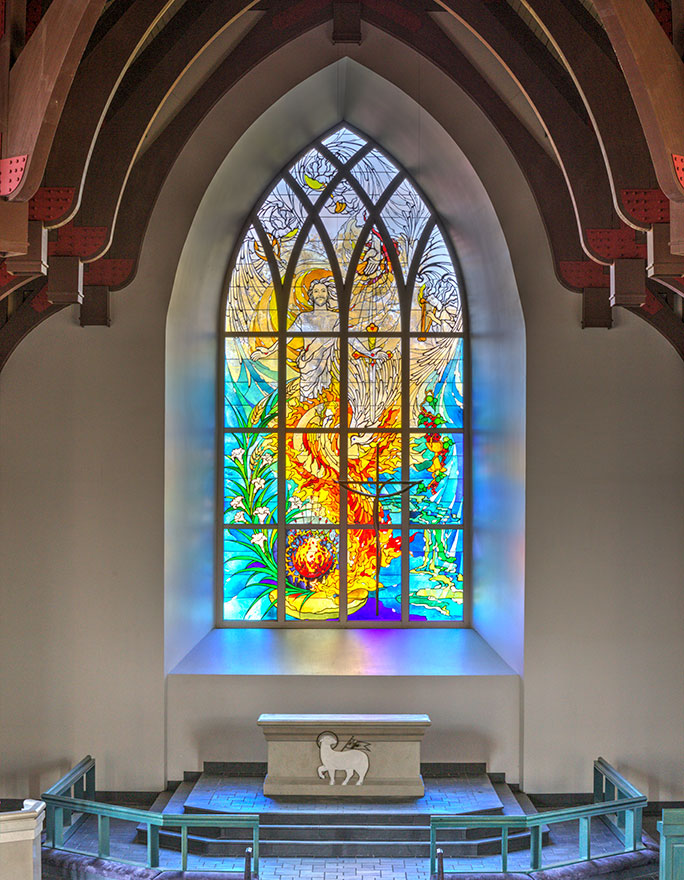About Concordia Seminary
VISION
Abiding in Christ and His Word, Concordia Seminary will be a world leader in confessional Lutheran ministerial formation, scholarship and theological resources.
MISSION
Concordia Seminary serves church and world by providing theological education and leadership centered in the Gospel of our Lord Jesus Christ for the formation of pastors, missionaries, deaconesses, scholars and leaders in the name of The Lutheran Church—Missouri Synod.










